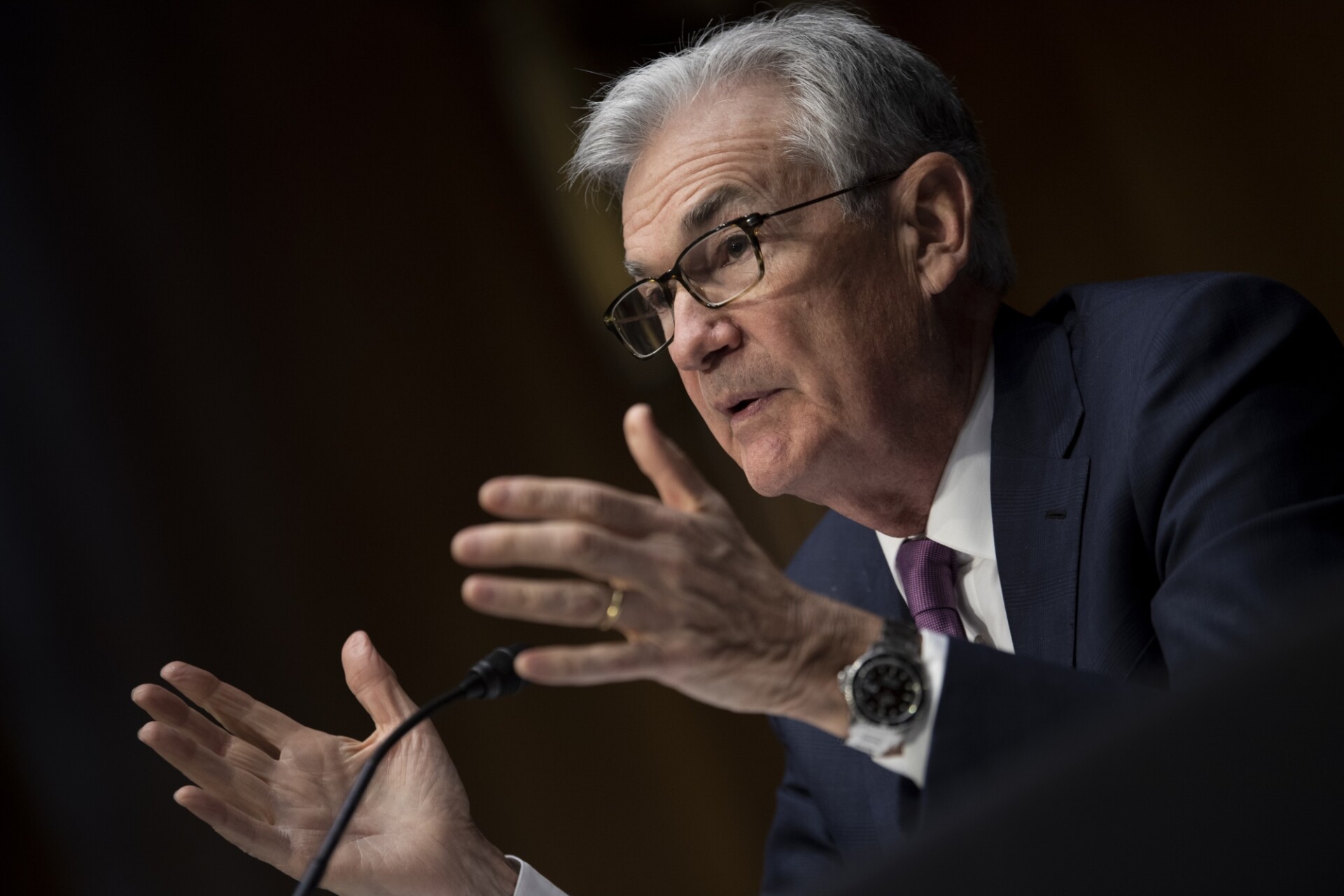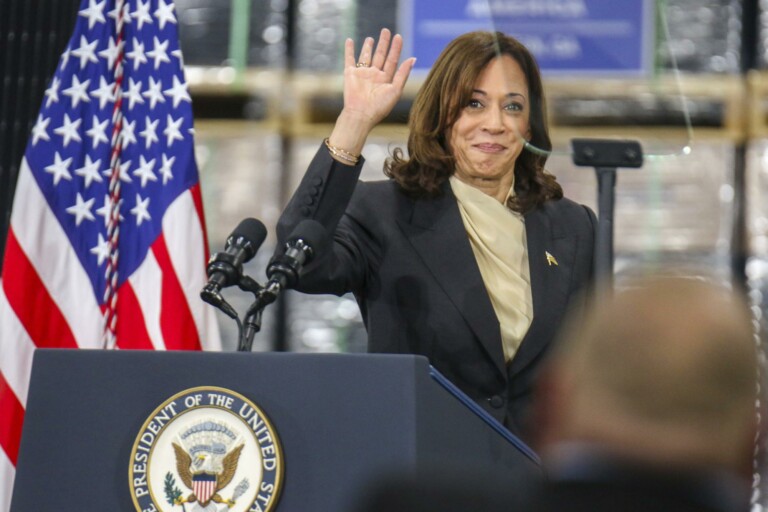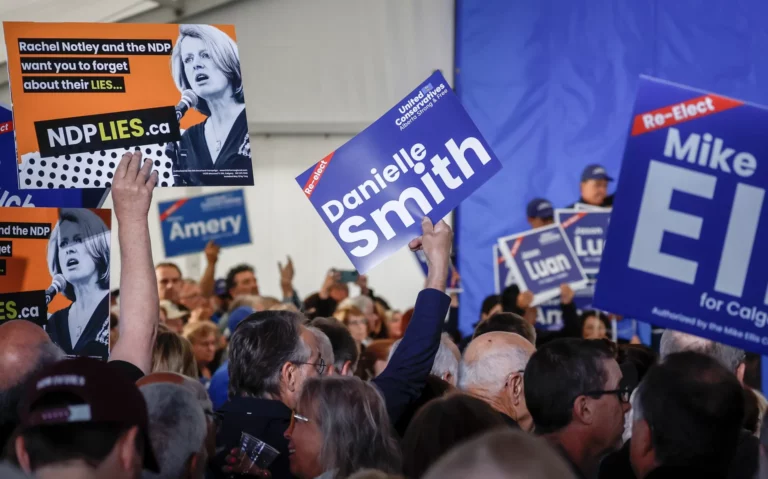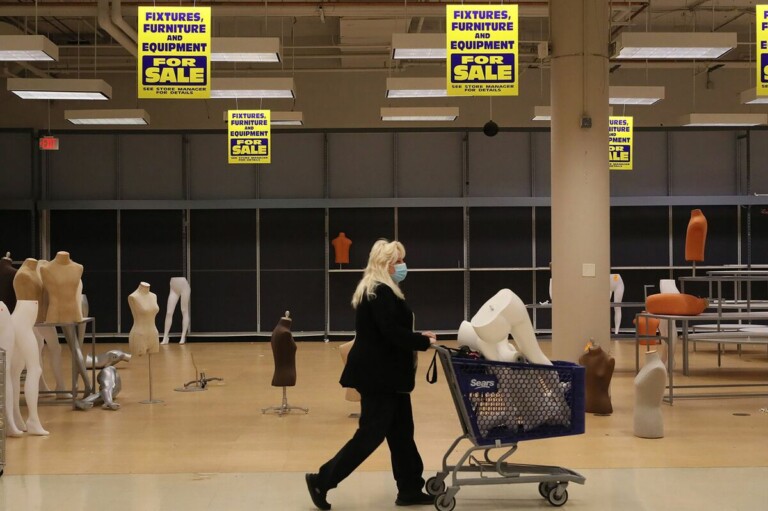Jerome Powell has only “terrible” options to choose from, as the Federal Reserve chair weighs the threat of historic inflation against the risk of a financial and economic disaster, a veteran researcher says.
Powell’s latest headache, the recent flurry of bank failures, points to a much bigger threat to America, Luke Gromen told RealVision in a recent interview. The head of Forest for the Trees, a financial-research firm, said the core issue lies with the government’s debt and deficit spending.
“It’s not a banking system problem,” he said. “It’s a US Treasury G7 sovereign debt, balance of payments problem.”
“Treasuries underpin everything,” Gromen continued. “It’s the collateral for the whole system. So if we’re going to have a Treasury problem, we’re going to have an everything problem.”
The federal government has about $31.5 trillion of debt, exceeding the US economy’s fourth-quarter GDP of $26 trillion, the Pew Research Center says. Servicing the debt costs about $400 billion a year, or nearly 7% of the government’s annual budget. The federal deficit also grew by nearly $250 billion to $723 billion this fiscal year.
The US government partly funds its deficit by issuing Treasuries. Silicon Valley Bank imploded in part because the surge in interest rates over the past year slashed the value of its long-dated Treasuries. The lender opted to sell some of those government bonds to shore up its finances, causing its customers to panic and withdraw their largely uninsured deposits. The bank run spurred the Federal Deposit Insurance Corp. to take control of the bank and guarantee all of its deposits.
Gromen argued the banking saga is symptomatic of the problem dogging the Fed and the US government. Demand for Treasuries from foreign central banks has waned over the past decade or so, and rising interest rates mean the government’s debt is growing more expensive, he said.
If the Fed keeps hiking rates to crush inflation, it risks causing a recession that results in lower tax revenues, banks selling Treasuries to offset more loan defaults, and the government spending aggressively to shore up the economy, he said. That would exacerbate America’s debt and deficit issues, he noted.
A recession would likely pull down asset prices as well, which could deter consumers from spending, erode GDP, and cause a “debt death spiral,” Gromen said. Essentially, the Fed has to choose between letting inflation run riot, or tightening its policies further and risking a financial and economic disaster.
Gromen warned that if Powell forges ahead in fighting inflation, he could “collapse the system,” cause the Treasury market to fail, and spark Western sovereign debt defaults.
“Paul Volcker could be a hard ass because the US government, the Treasury market functioning was never put at risk by what he was doing,” Gromen said, referring to the former Fed chair who “broke the back” of inflation in the 1980s. “It is by Powell and we can see that.”
“He tried to bluff the markets while he was holding a hand with three high,” he continued, referring to Powell’s pledge to conquer inflation. “When the markets have a royal flush, trying to bluff it with three high is a stupid move.”
Gromen’s advice to investors navigating the tricky backdrop is to avoid excessive leverage, allocate 5% to 10% of their portfolios to gold, and hold about 2% of bitcoin, as he expects the most popular cryptocurrency to outperform.
Source : Market Insider







